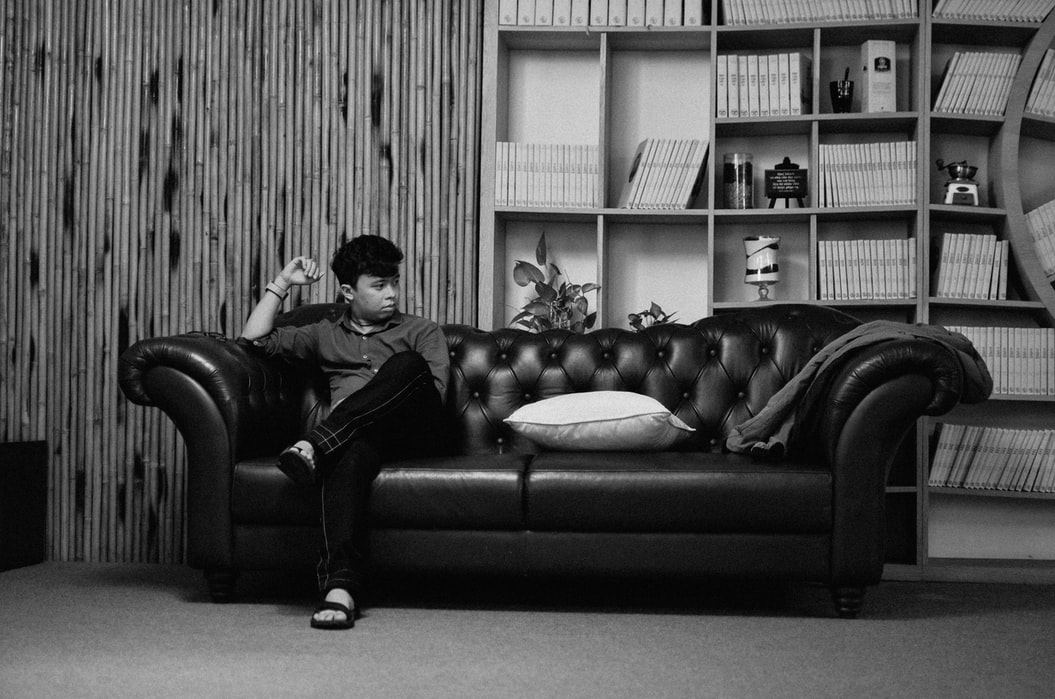W hen I was in my first year of seminary, our class went on a retreat where one of the exercises was to spend time in silence. “Go away for an hour spent in silence. You might fall asleep, but don’t worry.” Well, I did fall asleep, and so did many of my classmates. Most of us laughed about our naps and didn’t give it another thought.
At another retreat, I was told to spend time daily in silence, clearing my mind of all distractions and thoughts, but again, I wasn’t able to really be silent. I didn’t fall asleep, but I did get caught up in my own thoughts, praying and talking to God, and not actually being internally silent at all. I had so many things I was thinking, and I also felt like I was supposed to be hearing something from God during these “silent” times. What I didn’t realize was that it isn’t silent if you are talking, and it also isn’t silent if someone is talking to you.
I have a theory about why I (and so many others) find it difficult to spend time in true silence: we haven’t been trained for silence. Like running, singing, or cooking, silence is a skill we have to cultivate, and far too often we set out to practice silence in ways that we aren’t prepared for, with expectations that silence can’t meet.
During the last year, I’ve started practicing silence in a new way, at the advice of a spiritual director, and it has been so helpful for me as I seek closeness with God. My spiritual director told me, “Imagine that you and God are sitting on a couch together, just being quiet together. And you don’t have to talk to God, and you don’t have to expect God to talk to you. You can just be present with one another.” She told me to set a short timeframe, at least to start, and to have a space and an action that can signal to me that it’s time for silence. She even suggested that internal silence, for me, doesn’t have to mean there is a total lack of sound in my environment.
So here’s what I do: I find a quiet chair (usually in our basement office) where I can close the door, so that I’m not worried about other family members interrupting me. I light a candle. I turn on some very quiet instrumental music. I set a timer for seven minutes, and I close my eyes to enter a time of internal silence. If a thought comes into my mind, I try not to get caught up in it. Focusing on my breathing can help me with that. In and out. In and out. I’m not really focused on controlling my breath; it’s just a way to let go of other thoughts. When the timer goes off, I decide if I want to sit quietly a bit longer, or if I’m done.
Do I sometimes feel like I hear something from God during my silent times? I do. Do I sometimes get distracted by thinking about something else? I do. Do I find it hard to step away from life in order to sit in silence? Sometimes. But most of the time, it’s just me, being quiet, allowing myself to let go of all the things of daily life and spending time in the presence of God.
If you are wanting to experience more of God’s presence in your life this year, and if you want to start a practice of silence, here are my biggest pieces of advice:
- Start small. Sitting in silence for just five minutes at a time is enough to begin with.
- Have a physical way to let yourself know that it’s time for silence. A specific place, action, scent, or sound can help you to acknowledge the beginning of your practice.
- Focus on your breathing, or your heartbeat, or the feeling of your hands touching your chair. This can help you to stop focusing on your thoughts and be still.
- Give yourself grace and keep going. You’ll get distracted. You’ll miss a day. Your phone will ring. Things happen, and it’s okay. Start again later, or tomorrow.
Practicing silence has been a way for Christians to connect with God since the days of the early church. God wants to be present with you, and setting aside time for silence can create a space where you become aware of God in a particular way, so that you can start to notice God throughout your day, no matter how busy or noisy it may be.

Stephanie Soderstrom
Stephanie Soderstrom is coordinator for Short-term Mission for the Reformed Church in America. You can connect with her by email at ssoderstrom@rca.org.



